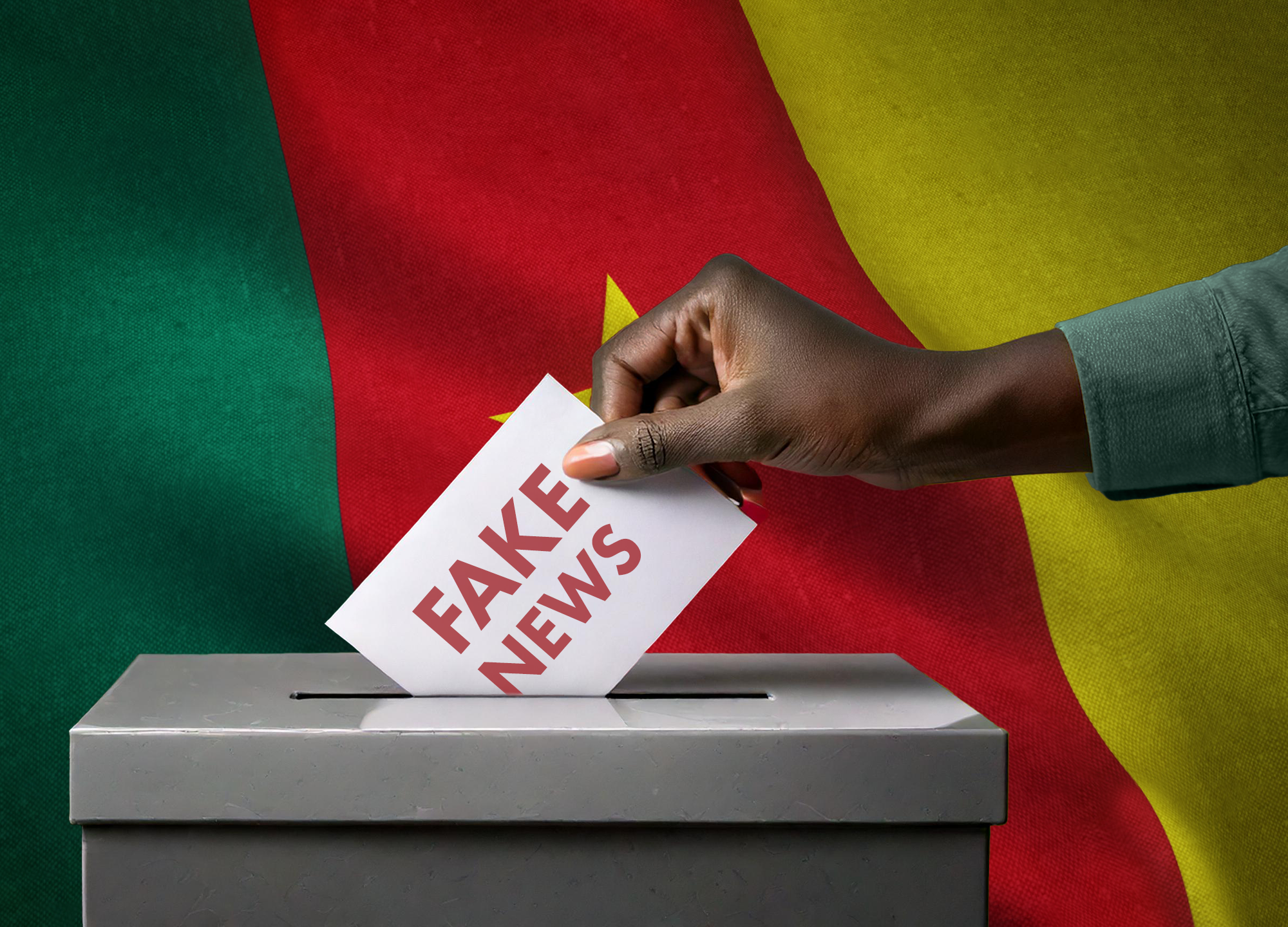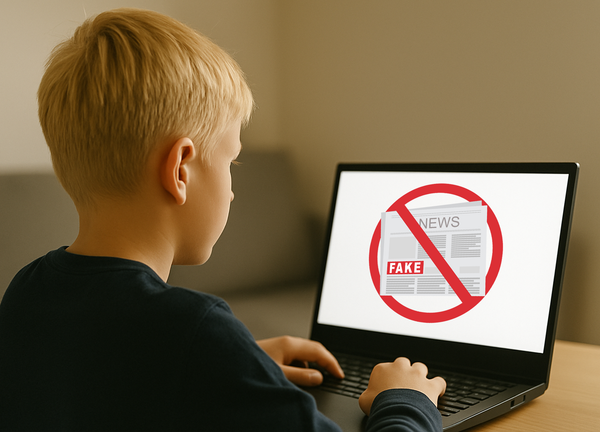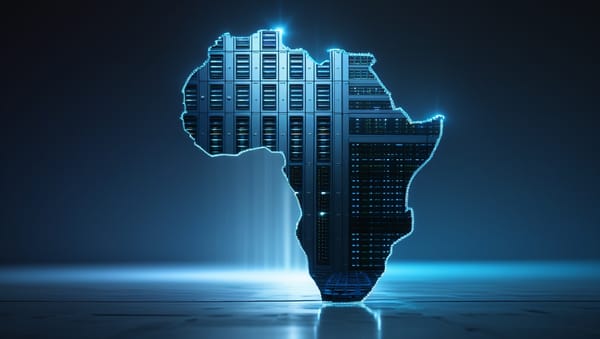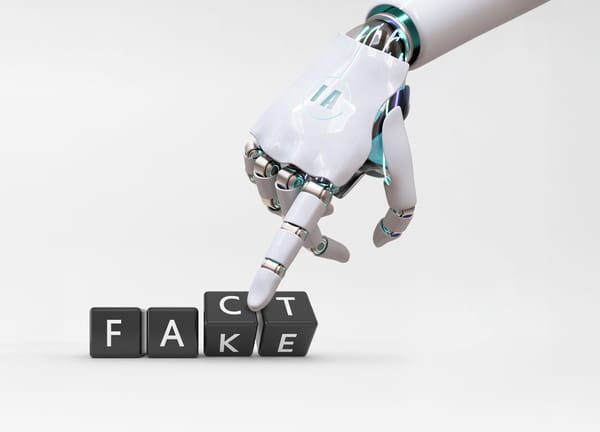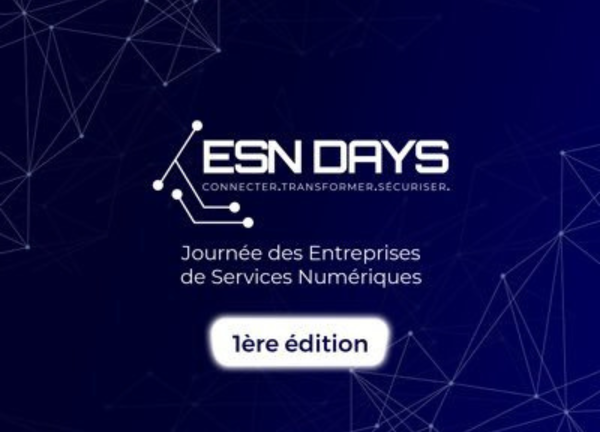Approaching the presidential elections, the denigration campaigns and false news aimed at certain candidates are intensifying.
In Cameroon, social tension increases as the presidential election approaches, in a tense political climate and marked by growing concern. During this pre-electoral period, disinformation proliferates, massively investing social networks, where it manifests itself in various forms. False information, manipulation and denigration campaigns swarm there, aimed at influencing public opinion, compromising the transparency of the electoral process and discrediting certain candidates.
Despite the repeated warnings of the National Communication Council, the Ministry of Communication and the Ministry of Territorial Administration, the phenomenon does not weaken. Organized groups are working daily to distort reality, handling facts and declarations of political actors. Their words, often out of their context, are diverted for partisan purposes, thus contributing to a high -tension electoral campaign.
Electoral disinformation: a division strategy in Cameroon
Distorted words, discredited institutions, tribalized political parties, opinion leaders taken for targets: disinformation is imposed as a central player in the Cameroonian political landscape.
On social networks, it takes multiple faces, sowing doubt, fueling confusion and accentuating social fractures. In recent months, several controversies have emerged, fed by manipulations and distortions of facts:
- the registration of foreign voters on the electoral lists
At the origin of this controversy, Maurice Kamto, leader of the Renaissance movement for the Renaissance of Cameroon (MRC), had denounced a lack of transparency in the issuance of national identity cards, wondering about the identity of the voters registered despite difficulties of access to identification documents. He therefore called for increased vigilance to prevent Cameroonian nationality from being attributed to electoral purposes. His remarks were then diverted, giving rise to accusations that foreign nationals were enlisted on the electoral lists with the complicity of Elecam, the General Delegation for National Security (DGSN) and the Democratic Rally of the Cameroonian People (DRPC). This rumor, widely relayed, tarnishes the process in the course of a lot of abstention within the population.
- Haine speeches and tribal divisions
Social networks become a fertile terrain for the dissemination of discourse to attribute hatred and promoting identity withdrawal. These content, often intended to manipulate public opinion, aim to discredit the electoral process and to stir up tensions.
- The spread of false news
Disinformation campaigns also target candidates through various rumors on their commitment and positioning. Some are accused of favoring an ethnic group at the expense of the whole country, while others are presented as agents of the power in place, responsible for sowing confusion within the opposition. These accusations, relayed on social networks, feed distrust and disrupt the political climate.
- Media manipulation
Some media are accused of disseminating biased or false information to influence voters. The CRTV is frequently pointed out for its supposed proximity to the ruling party and Equinoxe TV is perceived as a media close to the MRC, accused of relaying hate speeches and messages likely to create tensions.
Awareness as a prevention weapon
Awareness campaigns are set up to combat disinformation and its effects. The National Communication Council (CNC) conducts actions to the media in order to promote responsible journalism. In this dynamic, some political parties have taken a stand in this struggle, by adopting ethical charters to fight against hatred speeches and disinformation, thus sensitizing their members and citizens.
Despite these initiatives, the challenge remains size. The regulation of online content and the responsibility of digital platforms are essential steps to ensure free and transparent elections. A collaboration between the media, institutions and civil society appears as an essential lever to guarantee a reliable and serene electoral climate.
Christian Essimi

